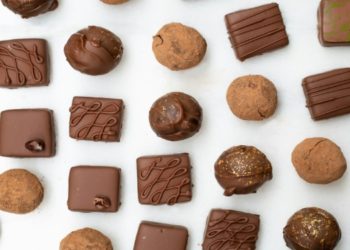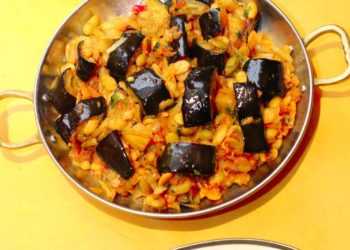There’s something deeply satisfying about pouring a glass of wine and knowing it was crafted by your own hands. Home winemaking isn’t just about producing a drink—it’s a blend of science, tradition and creativity that invites you to slow down, experiment and rediscover simple pleasures. Whether you’re drawn by curiosity or the idea of creating personalised gifts, making wine at home offers a surprisingly accessible route into the world of artisanal food and drink.
Start with the right ingredients and tools
Choosing quality ingredients is the foundation of enjoyable home winemaking. Beginners often find it helpful to start with wine making kits – https://doitathome.co.uk/en/178-wine-kits, which provide everything needed to get started—juice concentrates, yeast, fining agents and clear instructions. These kits reduce the risk of beginner errors while still delivering impressive flavour results.
Alongside the kit, invest in essential tools. At the very least, you’ll need a fermentation bucket with an airlock, sanitiser, a syphon tube, bottles and corks. These are not just accessories—they’re crucial for maintaining hygiene and avoiding contamination. A hydrometer is also useful for monitoring sugar levels and determining when fermentation is complete.
Understand fermentation: the heart of winemaking
Fermentation is where the transformation happens. Yeast consumes the sugar in grape juice, producing alcohol and carbon dioxide. Most kits include a wine yeast selected to complement the style you’re making, whether that’s a dry red or a sweet rosé. Keep the fermenter in a consistent environment, ideally between 18°C and 24°C, and avoid moving or opening it during the process.
This stage typically lasts from one to three weeks. You’ll notice bubbling in the airlock—a reassuring sign that fermentation is active. Once bubbling slows down, use your hydrometer to check for stability in sugar levels over two days. If the readings don’t change, fermentation is complete.
Rack, clarify and bottle with care
After fermentation, the wine is cloudy and needs to be separated from sediment in a process known as racking. Using a syphon, transfer the liquid to a clean container, avoiding the settled solids. Some kits, such as the Magnum wine kits – https://doitathome.co.uk/en/184-magnum-wine-kits, include fining agents to help clarify the wine more quickly.
You may need to rack your wine more than once over a few weeks to achieve clarity and stability. Once it’s clear, bottle it using clean, sterilised bottles and either corks or screw tops. If possible, let your wine rest and mature—ageing helps enhance depth and smoothness.
Keep it safe and enjoyable
Every winemaker should treat sanitisation as a golden rule. From buckets to stirring spoons, everything that touches the wine must be thoroughly cleaned with food-grade sanitiser. This isn’t about being overly cautious—contamination can ruin an entire batch.
Store your bottles in a dark, cool place, ideally between 12°C and 18°C, to preserve flavour and aroma. Temperature swings and light exposure can affect the wine’s stability and longevity. Don’t forget to label your bottles with the date and variety so you can enjoy tracking how each one evolves over time.
Personalise your winemaking journey
Once you’ve mastered the basics, you can begin to make the process your own. Some people enjoy blending different kits or adding fruits like raspberries or elderberries to create unique flavour profiles. With time, you’ll develop preferences and the confidence to experiment.
Winemaking also lends itself well to being a social activity. Involve friends or family in bottling sessions, design custom labels together or even start a small home wine club. It’s about connection, not just consumption.
If you’re looking for a consistently high-quality option for experimenting with different varieties, Cellar 7 wine kits – https://doitathome.co.uk/en/185-cellar-7-wine-kits offer a range of flavours with excellent depth and smooth finishes, ideal for both casual and more refined tastes.
Discover the rewards beyond the bottle
Winemaking is not just about the outcome—it’s about the journey. It offers a chance to slow down and focus, to create something tangible with patience and care. Each batch becomes a reflection of your effort and attention to detail.
It may take a few attempts to get everything just right, but that’s part of the charm. There’s joy in the process, pride in the progress and satisfaction in the first sip of something you made yourself. For anyone seeking a hobby that blends tradition, creativity and a bit of science, home winemaking is a truly rewarding path to explore.
David Prior
David Prior is the editor of Today News, responsible for the overall editorial strategy. He is an NCTJ-qualified journalist with over 20 years’ experience, and is also editor of the award-winning hyperlocal news title Altrincham Today. His LinkedIn profile is here.













































































